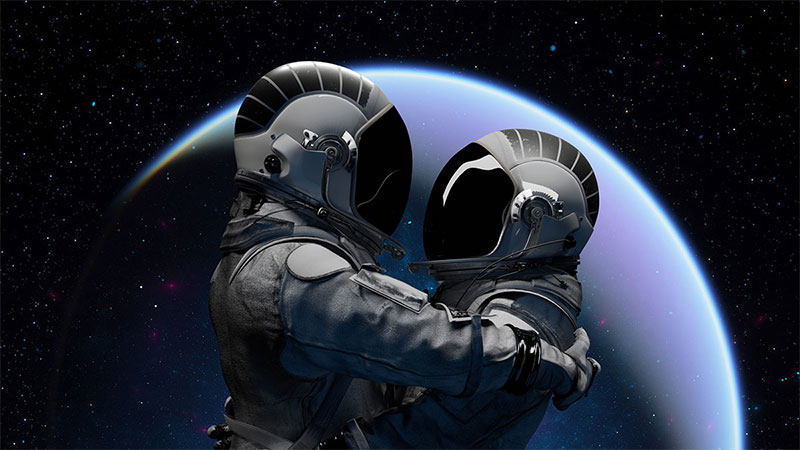Microgravity and Space Processes TC Webinar: Analog Mission to Mars – HERA C7M2 (AIAA Member Exclusive) 19 September 2024 | 12 a.m.–1 p.m. Online
On Demand Recording Available

Analog Mission to Mars (HERA C7M2)
AIAA Members: make sure you are signed in to the site with your member credentials to be able to register.
Featuring Special Guest Lecturer, Jason Lee, University of Connecticut
Analog Mission to Mars (HERA C7M2) Description: Jason Lee participated in NASA’s Human Exploration Research Analog (HERA) Campaign 7 Mission 2. Along with 3 other crew members he spent 45 days in the habitat. The purpose of the analog was to simulate a mission to mars, conducting experiments to study the effects of isolation, confinement in a small space, and simulated remote conditions. Throughout the mission, the crew was responsible for carrying out various individual and team based operations.
Dr. Lee will discuss his experience working with the crew and mission control, as well as the observed effects of isolation and communication delays.

University of Connecticut
Biography: Jason Lee joined the University of Connecticut as an Assistant Professor-in-Residence in the Department of Mechanical Engineering in 2014. He received his B.S. in Mechanical Engineering from the University of California, Berkeley (2005), and his M.S. and Ph.D. from the University of Texas at Austin (2007 and 2010, respectively). Following his Ph.D. he joined the Institute for Solider Nanotechnologies at Massachusetts Institute of Technology as a postdoc. After a decade at UConn, Dr. Lee is now an associate professor-in-residence at the University of Connecticut’s School of Mechanical, Aerospace, and Manufacturing Engineering.
He teaches thermal fluids, manufacturing, sports engineering, and project based capstone courses. He also serves as his university’s mechanical engineering undergraduate director and its NASA Connecticut Space Grant Consortium campus director. He enjoys exploring different teaching modes and has taught both lecture and project-based courses in in-person, hybrid, and online formats. He works with undergraduate students on projects related to fluid dynamics and heat transfer for manufacturing processes, with a new focus on how these processes are influenced by microgravity environments.
